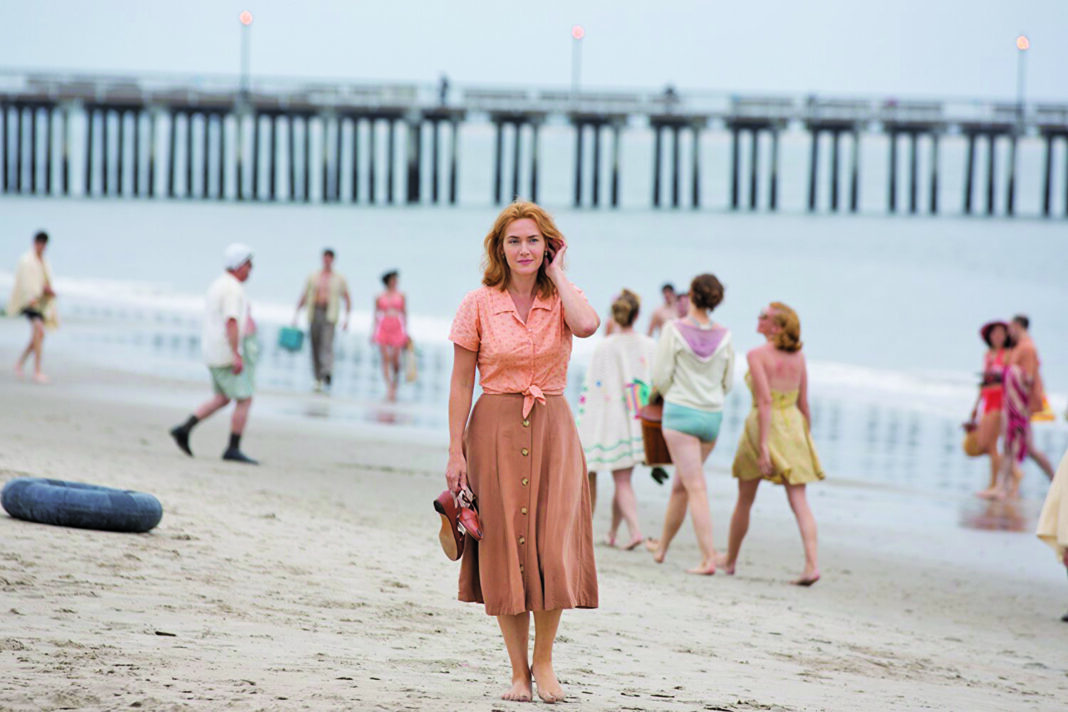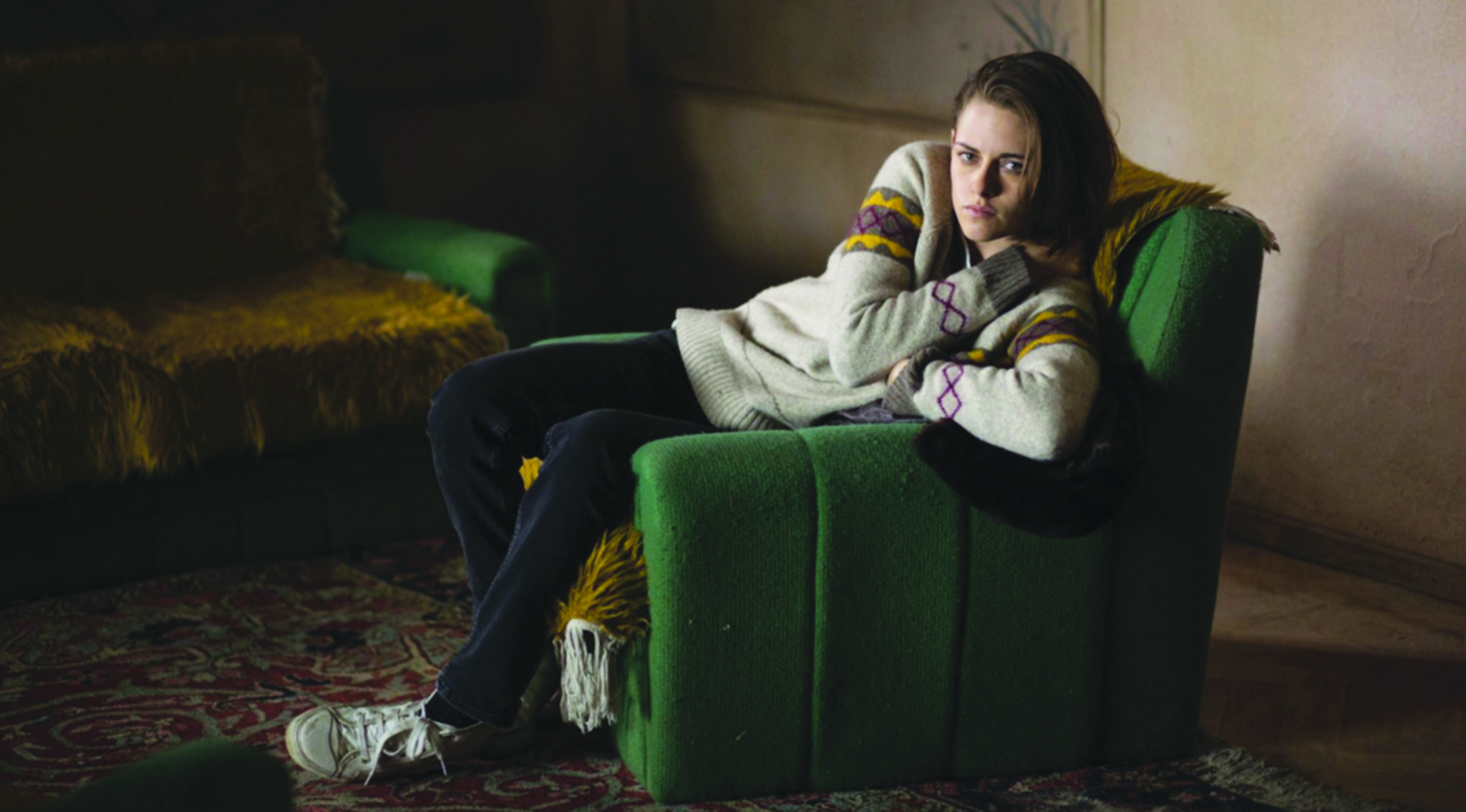On the bright side, the new Woody Allen film Wonder Wheel has the finest cinematography, in the form of Vittorio Storaro’s gorgeously lurid display of Kate Winslet as a woman on fire. Hair dyed to the scarlet side of strawberry blonde, Winslet’s Ginny basks in the mercury-colored neon glow of the Coney Island attractions. She lives there in a wooden shack, spitting distance from the ferris wheel.
In the mid-1950s, the 40ish Ginny is stuck in a marriage of convenience with her dullard husband Humpty (James Belushi). It’s all about seafood around those parts. Ginny waitresses in a clam parlor, and, when Humpty isn’t tending the merry-go-round, he’s more interested in fishing than spending time with his wife. Ginny wanted to be an actress, but she dropped her career after a crackup.
On the beach, she meets a theater-loving lifeguard named Mickey Rubin (Justin Timberlake), who goes to New York University. An affair begins, but it’s ruptured by the surprise arrival of Humpty’s estranged daughter Carolina (Juno Temple), on the run from her gangster husband. The thug wants her dead for blabbing his secrets to the FBI.
The settings have familiar irony—the broken promise of happiness in a tawdry, fading seaside resort is grist for dramatists on both sides of the Atlantic. But Allen decided that it needed further distancing, through direct-to-the-camera address by Mickey. Based on the way that Mickey explains life, and himself, we’re unsure if Mickey is meant to be as callow as he seems. Allen’s script dithers, using anachronistic terms like “input” and “body language.” He repeats plot points as often as he repeats a Mills Brothers tune on the soundtrack.
Without believing in this movie, one believes in Winslet. She’s as humid a Technicolor anti-heroine as ever seethed in a slip, lit through stormclouds of cigarette smoke. And the open ending is so brave that it makes Three Billboards Outside Ebbing, Missouri look over-determined.









